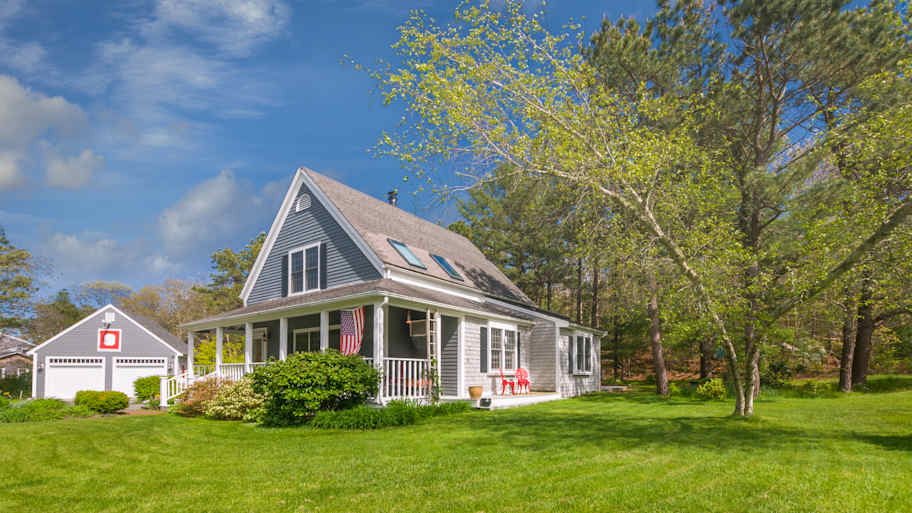Griffith Energy Services
Griffith Energy Services
Heating and cooling products & fuel delivery services.
Heating and cooling products & fuel delivery services.

*The Angi rating for Heating Oil Service companies in Fort Gay, WV is a rating based on verified reviews from our community of homeowners who have used these pros to meet their Heating Oil Service needs.
*The HomeAdvisor rating for Heating Oil Service companies in Fort Gay, WV is a rating based on verified reviews from our community of homeowners who have used these pros to meet their Heating Oil Service needs.
Last update on November 28, 2025
Heating and cooling products & fuel delivery services.
Heating and cooling products & fuel delivery services.
From average costs to expert advice, get all the answers you need to get your job done.

The average lawn mowing cost runs between $50 and $200 depending on factors like your lawn’s size and shape. Here’s what to expect.

How much it costs to rent a lawn aerator depends on what kind you rent and how long you rent it for. Read on for the full details.

Artificial grass is a low-maintenance alternative to traditional turf. Learn how much artificial grass installation costs and what affects your price.

Did you know that grass has two annual dormancy periods? When does grass stop growing and how and when should you shake up your weekly mowing schedule?

Learn how to prepare soil for grass seed to give your new lawn the best chance of becoming healthy, happy, robust, and the envy of your neighbors.

Discover 11 expert lawn mowing tips to keep your yard healthy, green, and looking sharp. Learn when it's best to hire a professional.